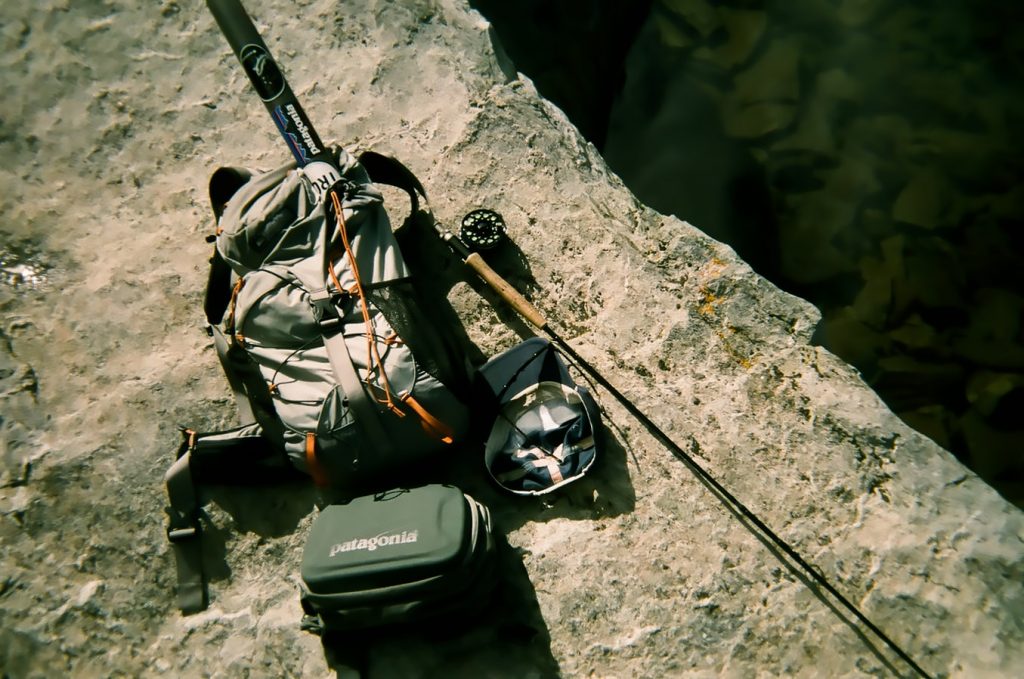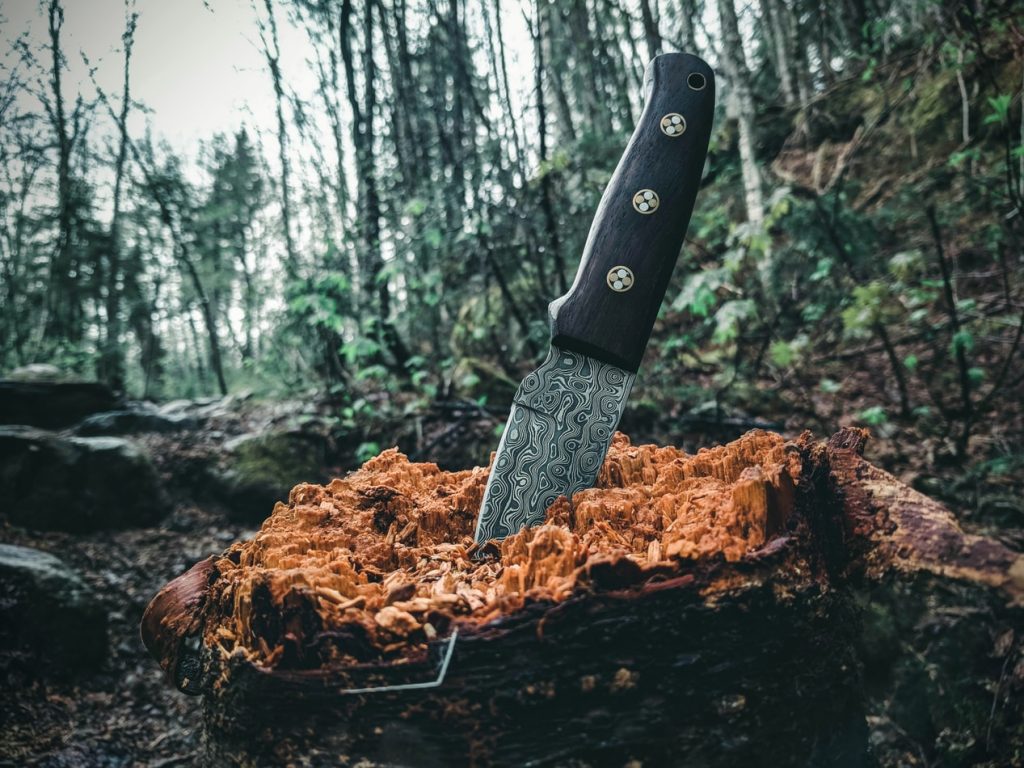A fishing backpack can usually hold quite a few items; some people prefer to travel light and keep it simple, others bring all manners of things, but what do you really need to put in a fishing backpack?
Some would argue that the fishing ‘essentials’ are the fishing rod, some bait, and sheer will; while this is partially true, there are all kinds of items you might not even know you’re going to need.
What should you put in your fishing backpack?
In simple words, fishing gear is divided into fishing ‘essentials’ and fishing ‘accessories’. Even though it’s self-explanatory, you wouldn’t be able to actually fish without the essentials while the accessories aim to improve your fishing efficiency and provide you with additional utility.
Fishing Backpack Essentials and Accessories
What the ‘essentials’ and ‘accessories’ mainly depend on your fishing goals – are you a fisherman by trade who earns his living by catching as many fish? Are you a professional who’s simply polishing their skills?
On another hand, you might be a casual fisherman who’s simply out there for the relaxation and the love for the hobby.
On another hand, the type of gear you’ll be carrying in your fishing backpack largely depends on the time of the year (season) and the particularities of the fishing spot you intend to visit.
With that out of the way, let’s see what you should be carrying:
Fishing Backpack
Before we get to the tools and supplies you’ll need, we should mention that not every backpack is suitable for fishing trips.
Plain, old nylon backpacks are typically meant to hold lightweight supplies, such as schoolbooks, snacks, and some clothes, but they’ll definitely rip if you load it with slippery wet fish and bladed tools (such as hooks, knives, hatchets, and such).
In that regard, it’s imperative that you get a sturdy waterproof backpack that is meant for carrying heavier loads. Denier and Polyester are the most popular choices as they offer much-needed durability without compromising comfortable use.
On the side note, fishing backpacks typically feature numerous side pockets where you’ll be able to store all kinds of utility gear, unlike regular backpacks, which is just another reason why backpacks designed for hiking and camping offer more benefits than ‘regular’ ones.
Spare Fishing shoes/boots
Fishing normally involves getting your hands dirty by wading through shallow waters and mud, which immediately means that you simply can’t dress ‘casually’ and hope for the best.
Your old Nikes will definitely get ruined as soon as you set your feet near the pool of water where you intend to fish, not to mention the later parts of the process.
Since most fishermen know better than to go on a trip without waterproof boots, it might be worth mentioning that you should also bring a pair of comfortable shoes in which you’ll hop in once you’re done fishing.
Most fishing spots are in secluded locations far away from cities, and only the village folks can actually get there on foot. You’ll either have to drive or ride a bike to your favorite spots, which means that you’ll probably make this process hard on yourself if you rely on boots to get to and back from there.
Food supplies
Fishing generally lasts for hours, and you don’t want to ruin your experience by getting hungry. Even if there is a chance that you can actually put a pause on your fishing and try to find the nearest store, you’ll usually need to leave all your precious fishing gear unguarded.
Bringing a couple of sandwiches neatly wrapped in nylon can make a huge difference.
On another hand, some days you’ll just have poor luck finding anything down in the water; the fish might be migrating or they might be scared of the bad weather or anything similar, so you’ll need to ‘persuade’ them to come out from the water floor.
Although patience and persistence can get the job done in most cases, you’ll be able to achieve quicker results by mixing a batch of fish food and by throwing it in several spots.
Even though the ‘impact’ might actually scare off a portion of your potential catch, it will benefit you by the long run.
A pocket knife (or similar bladed tool)
Small pocket knives are all-purpose tools that you never know if you’re going to need. The chances are that you’ll need to readjust a lure, or on another hand, a fish might dig into the bait too deep; you won’t be able to retrieve it without cutting the nylon string, so having a pocket knife will definitely come in handy.
Fishing license
This is the first thing most people forget to bring on their fishing trip, and putting it in your backpack the night before your trip is one of the smartest things to do.
Even though the ‘fishing’ police frequents only the locations that are hit the hardest by poachers, you don’t want to risk getting a fine.
Frequently Asked Questions
Do I need a fish finder? Is it considered ‘cheating’?
Fish Finders are legal and no, you’re not ‘cheating’ if you’re using them unless you’re in a professional competition. The thing is, people have ‘fished’ too much over the last couple of decades, and nowadays it’s harder than ever to find decent fishing locations.
Fishfinders are very useful as they save you quite a bit of time on finding a good spot.
Are nylon backpacks okay for casual fishing?
If you don’t really want to bring any fish back home and you’re fishing simply for the pleasure of relaxation it offers, you don’t need as much gear, and consequentially, a nylon backpack could do just fine.
What are some of the most useful accessories that people often forget to bring to their fishing trips?
Bug repellents. People forget that areas around water are swarmed with mosquitos and numerous similar pests, so if you want to improve your fishing experience, bring some bug repellents along for your next trip.


Leave a Reply